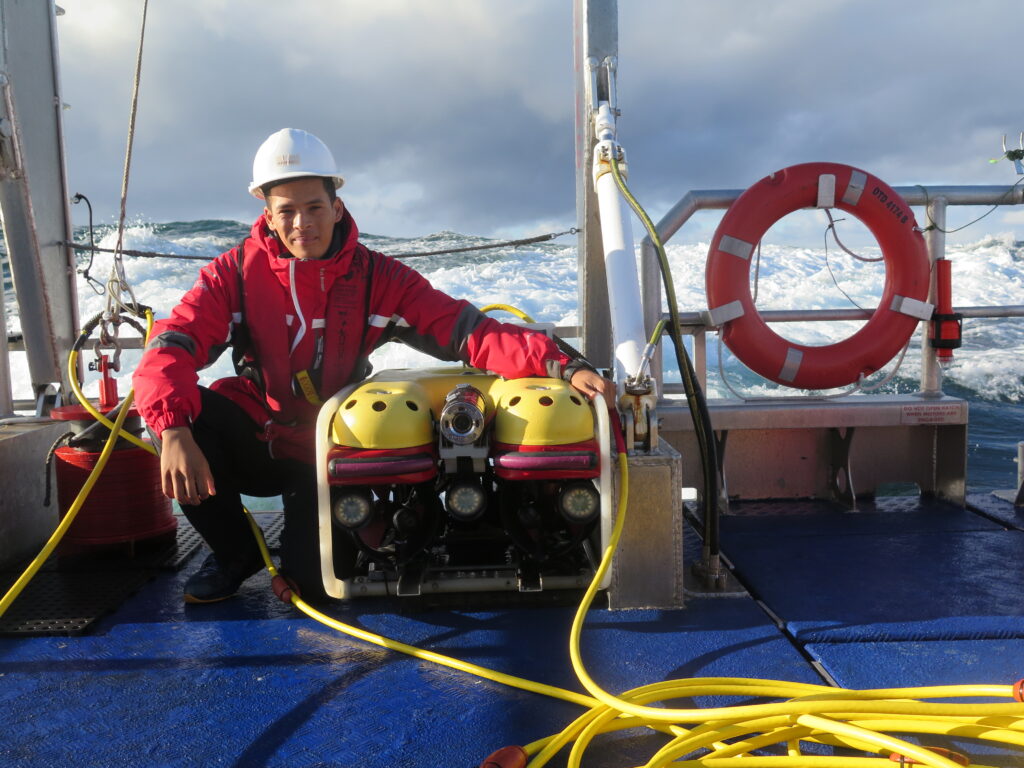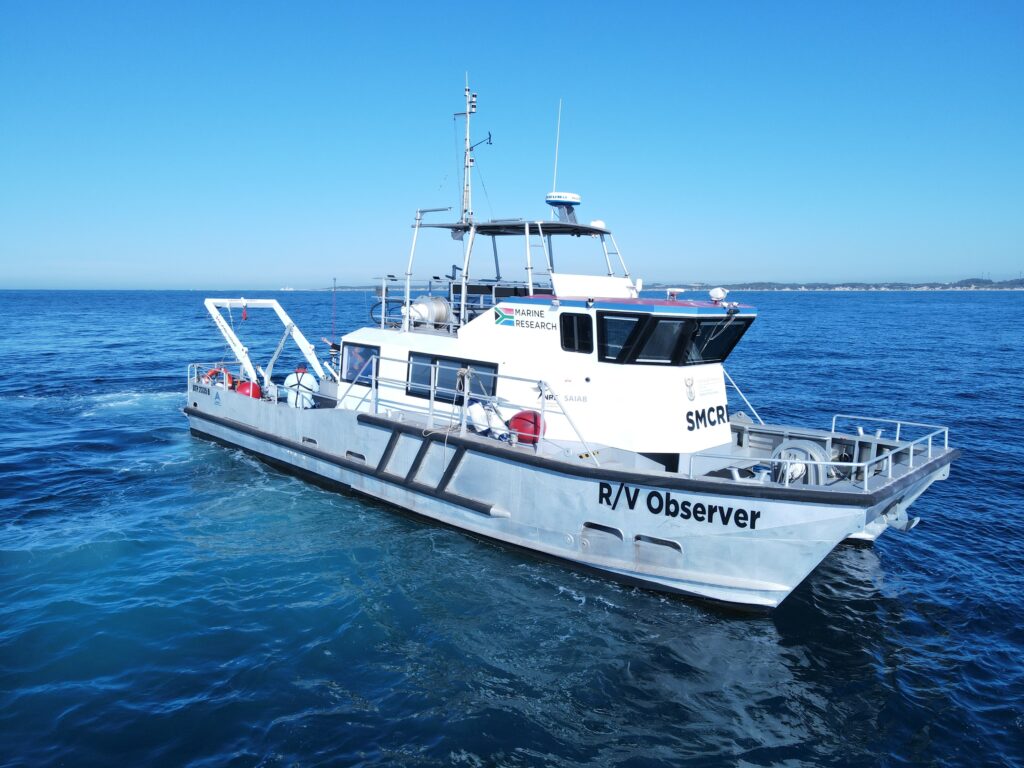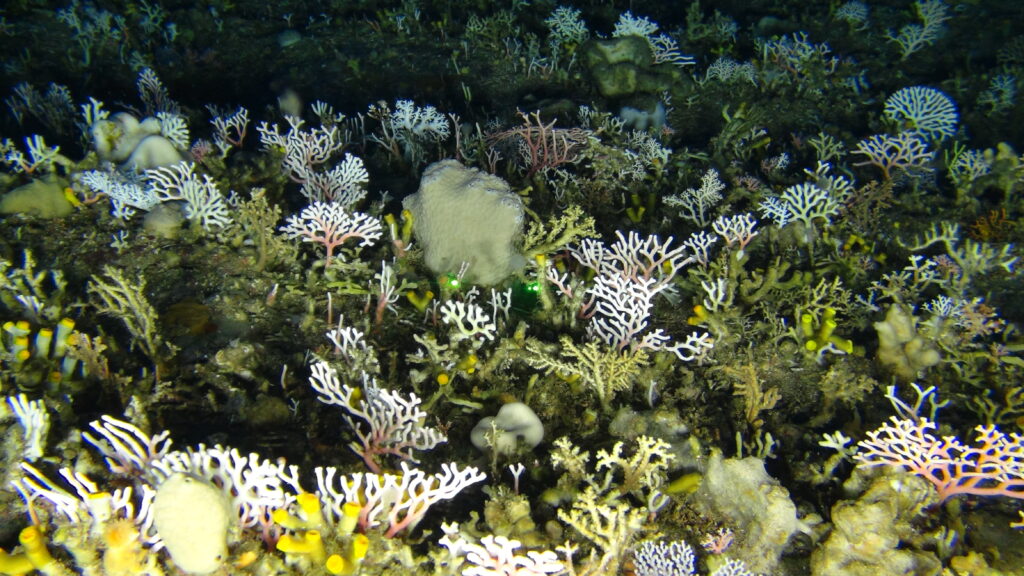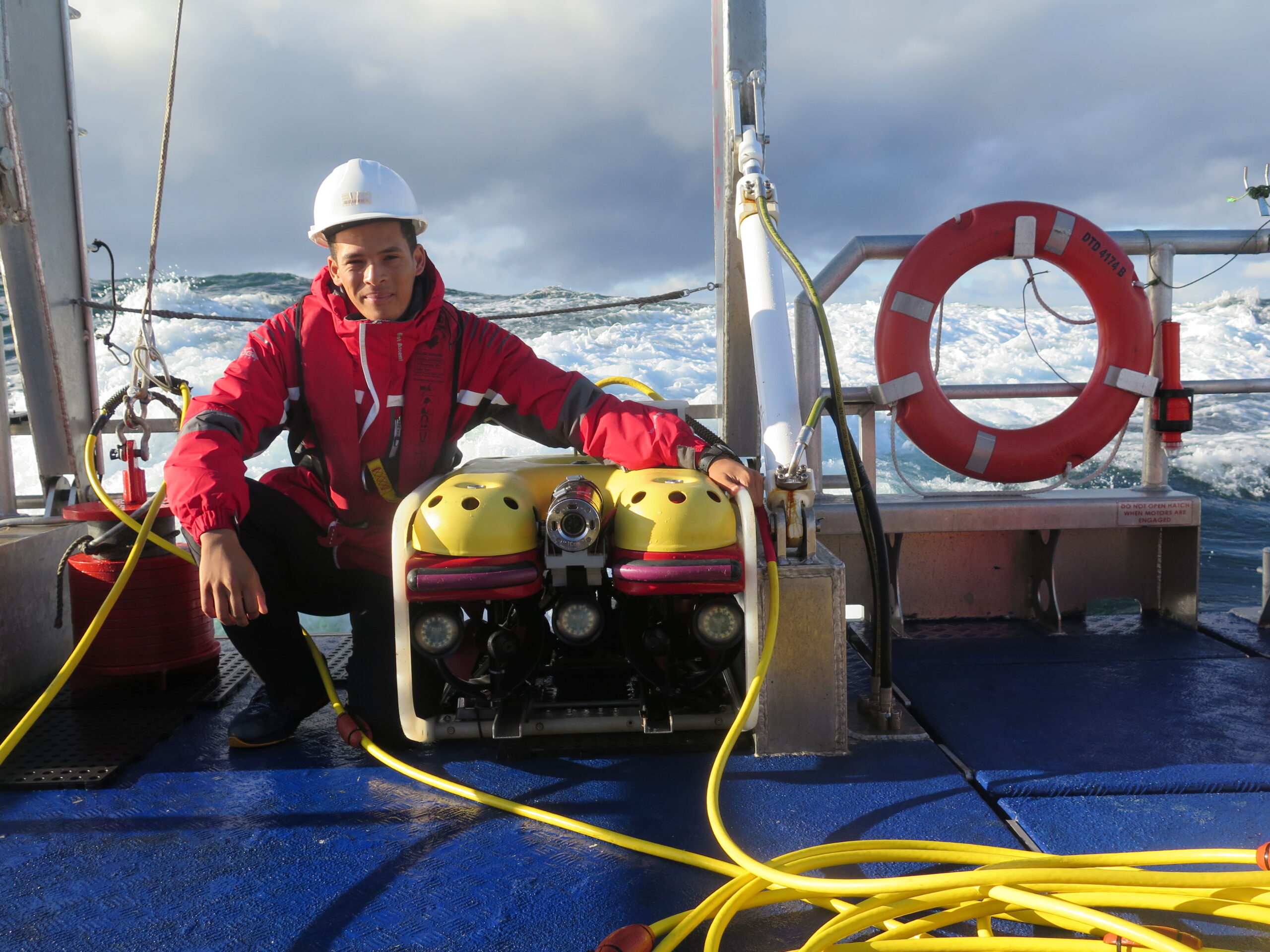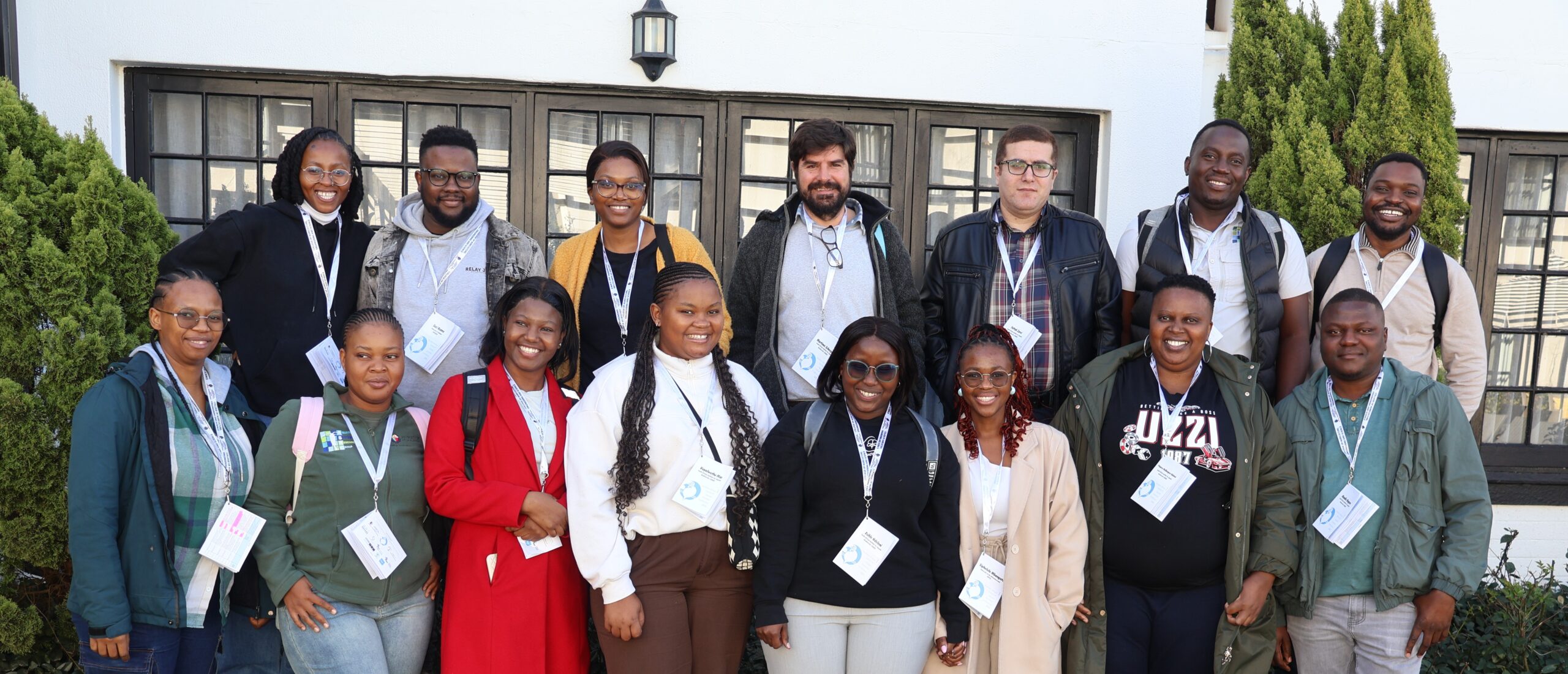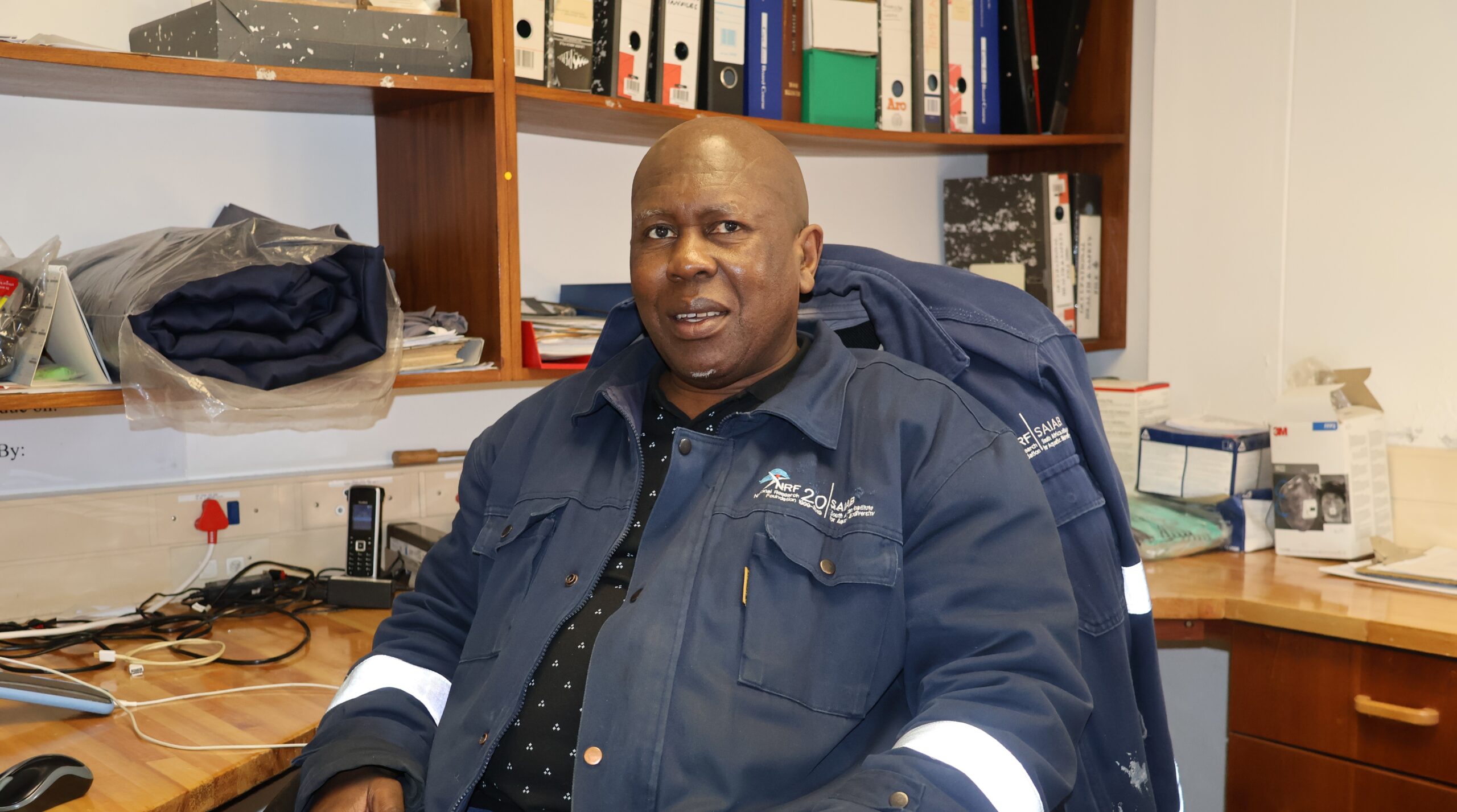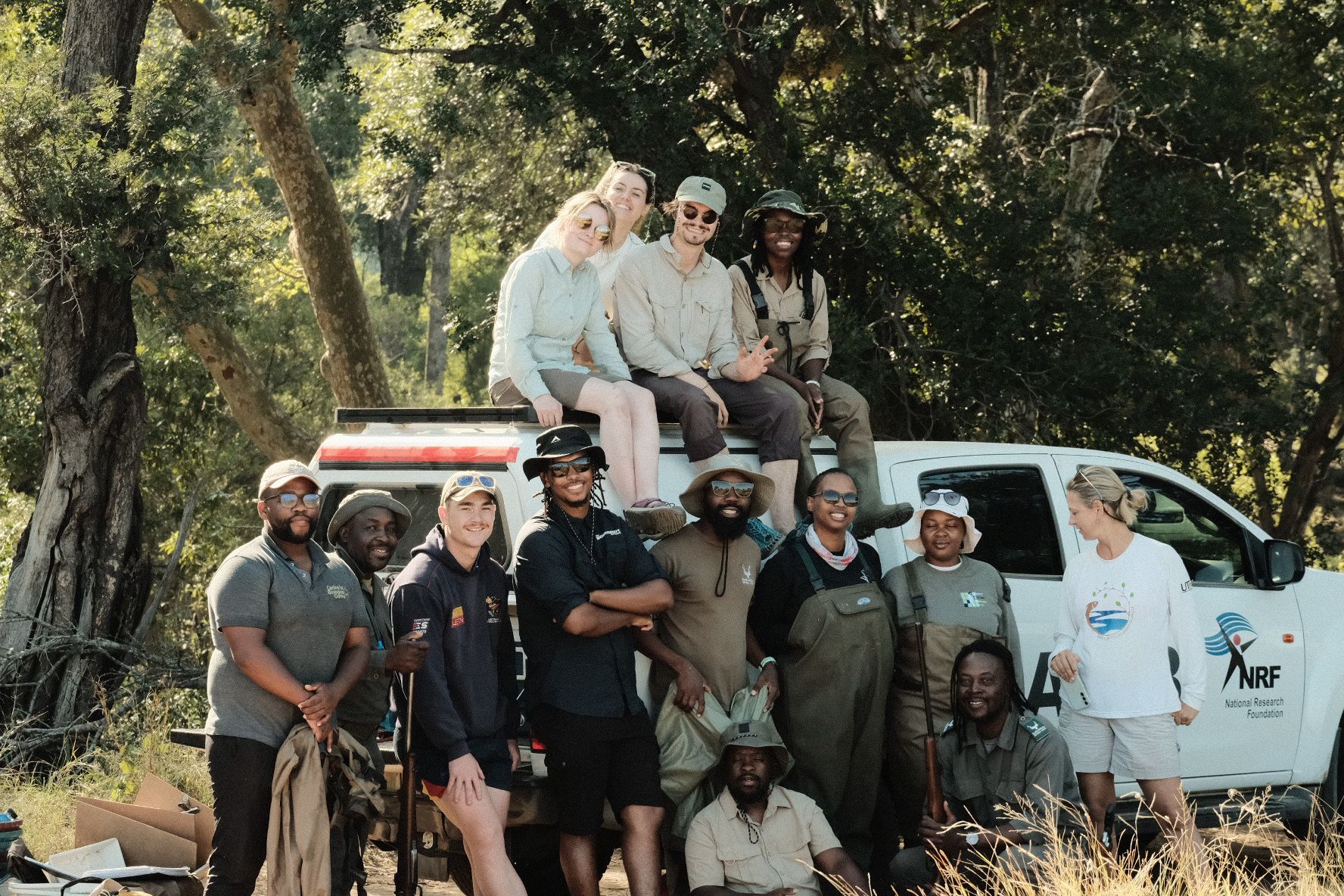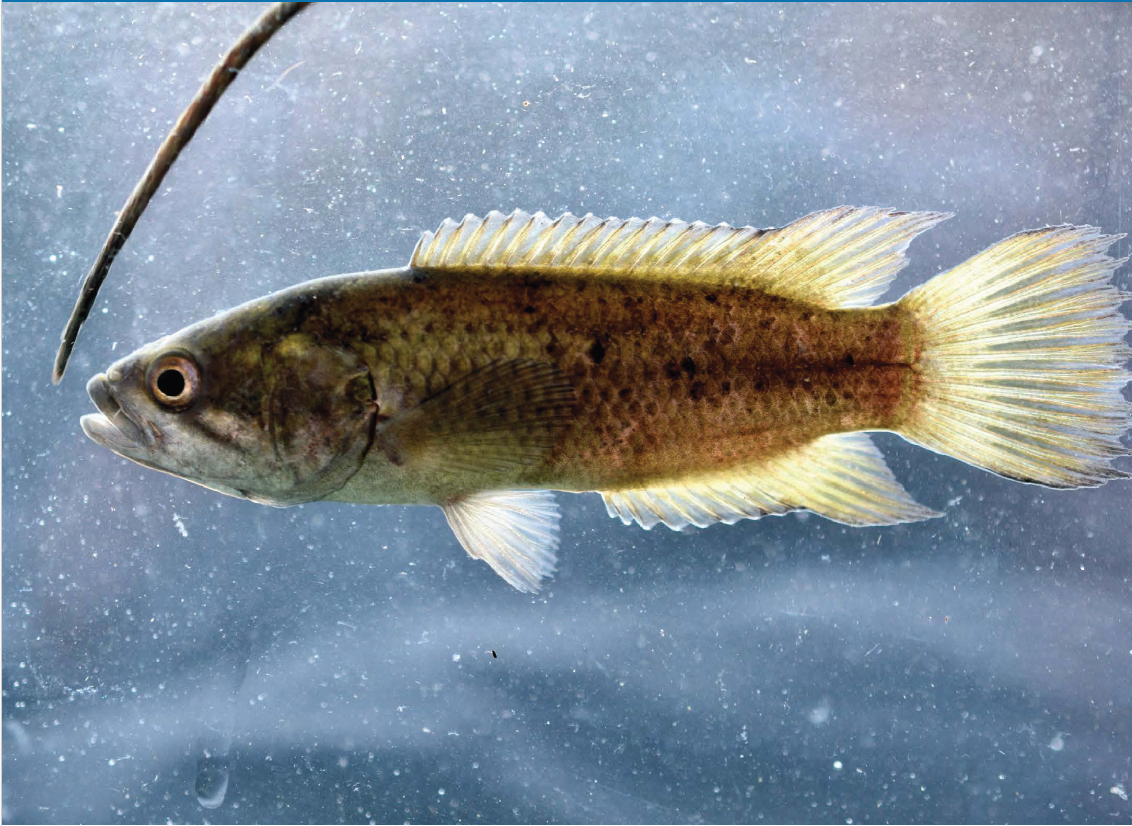Joint press release – SANBI, NRF-SAIAB, UCT and Strathclyde University /One Ocean Hub
Dedicated cruise deepens offshore research capacity in South Africa
14 February 2023 – This week, a team of marine scientists will embark on a multi-institutional and multi-disciplinary offshore expedition to develop the capacity of young southern African scientists and to collect data in outer shelf and deep-sea habitats. The expedition is an excellent example of the teamwork needed to collectively understand, benefit from and manage South Africa’s oceans. Expedition team members span seven institutions and include experienced and emerging South African scientists, technicians and students from seven institutes and four provinces. There is also a participant from Namibia who is a PhD student at the University of Cape Town expanding the impact of this first dedicated cruise to the broader southern African context.
Deep Capacity
The expedition was designed by the emerging researchers and will contribute to several post graduate theses. It is led by young marine biologist, Luther Adams, who first joined the South African National Biodiversity Institute (SANBI) as an intern seven years ago. Adams will lead the team of young researchers in the One Ocean Hub Capacity Development Research Cruise from the port of East London. Mr Adams explained
‘This expedition is allowing me to achieve a life-long dream to explore South Africa’s oceans and to use modern technology and new techniques to uncover the secrets that lie far beneath the sea surface’.
The cruise is funded by One Ocean Hub, an international programme of research for sustainable development, working to promote fair and inclusive decision-making for a healthy ocean. The One Ocean Hub brings together people and disciplines to learn from each other and collaboratively influence decisions and practices shaping the future of the ocean for justice and sustainability. The cruise is an initiative of the Capacity Strengthening component of the Hub. Last year, hub researchers and their collaborators undertook a study to understand the challenges and solutions to develop capacity for deep-sea research and management in South Africa. One of their recommendations was to hold dedicated in-country expeditions using available or locally developed technology under local conditions. This can provide relevant opportunities for more researchers and is a valuable addition to the more common approach where one or two scientists are able to participate in an international expedition with equipment that is usually not available in-country.
Deep-sea Technology
The expedition is facilitated by the South African Institute for Aquatic Biodiversity (NRF-SAIAB), a national facility of the National Research Foundation. The scientists are aboard NRF-SAIAB’s 15m Research Vessel Observer, skippered by Captain Koos Smith and supported by Ferdinand Jacobs. The research gear includes a Remotely Operated Vehicle (ROV), deep-sea landers and oceanographic instruments. The ROV captures video and images and can collect biological samples using a manipulator arm. Researchers will explore underwater caves and canyons and hope to find the elusive coelacanth which was first trawled off East London in 1938 but since then has only been seen much further north of Pumula and Sodwana Bay in KwaZulu-Natal and in other countries in East Africa.
Landers are remote underwater video stations that are baited and allow scientists to record fish, sharks and other deep-sea creatures attracted to the bait. The team hope to deploy the landers to depths of up to 900 meters and it is the first time that such technology is being used below 363 meters in South Africa. Thembelihle Dube, a participating masters student from Rhodes University is particularly excited to see what fishes will be found in deeper waters.
‘’This expedition will provide our first glimpse of what’s happening beyond the shelf in this poorly studied region’’
said Thembelihle who hails from Richards Bay in KwaZulu-Natal.
The main aim of the cruise is to develop the capacity of a team of young researchers who can work together to solve the challenges of offshore research and management. Research goals include the use of cutting edge genetic research to detect environmental DNA of threatened species, exploring patterns in invertebrate and fish biodiversity with increasing depth and work to understand the drivers of these patterns in the dynamic high current environment of the Amathole Offshore Protected Area. The project also includes innovative, social and cultural aspects that recognise the deep human connections with the ocean and the team are working on understanding the use of marine species in medicine and ritual practices, including the identification and mapping of Culturally Significant Areas in the coastal and ocean environment.
Editor’s Notes
The discovery of a living population of coelacanths in 2000 catalysed the National Research Foundation’s African Coelacanth Ecosystem Program (ACEP), 62 years after the first coelacanth known to science was trawled off East London in 1938. This cruise is collaborating with two projects funded through ACEP (managed by NRF-SAIAB), Deep Connections and Agulhas Bank Connections (hosted by SANBI and UCT respectively). These projects are advancing the classification and mapping of marine ecosystems, advancing knowledge about connectivity in the marine realm and building multi-disciplinary research teams that can work together for integrated research that serves society.
Contact:
For further information and other media queries please contact:
Prof Kerry Sink, SANBI, Tel 0828310536, k.sink@sanbi.org.za
Mr Luther Adams, SANBI, l.adams@sanbi.org.za, Tel 0792205989
About the One Ocean Hub: The One Ocean Hub is led by the University of Strathclyde (Glasgow, UK), and it has 18 partner organisations and 21 research partners across the world. The Hub is funded by UK Research and Innovation (UKRI) through the Global Challenges Research Fund (GCRF) – a key component in delivering the UK AID strategy that puts UK-led research at the heart of efforts to tackle the United Nations Sustainable Development Goals.
About SANBI: The South African National Biodiversity Institute (SANBI) is mandated to monitor and report on the status of the Republic’s biodiversity. Its activities include undertaking and promoting research on indigenous biodiversity and its sustainable use; establishing and managing collections of plant and animal specimens; managing and maintaining all National Botanical Gardens, with their facilities for horticultural display, environmental education, visitor amenities and research; collecting and disseminating information about biodiversity; assisting in the development of a national biodiversity framework, including bioregional plans and strategies; and coordinating programmes in conservation and sustainable use of indigenous biological resources and the rehabilitation of ecosystems.
About SAIAB: The South African Institute for Aquatic Biodiversity (SAIAB) contributes to two National Operation Phakisa Labs through which South Africa has identified the potential to develop the Biodiversity Economy and the Blue Economy. With a significant amount of funding from the Department of Science and Innovation and the National Research Foundation, over the last 10 years SAIAB has developed several high-level platforms capable of undertaking research in various environments which have positioned the Institute as an innovative leader in aquatic biodiversity research. All of SAIAB’s activities – research, student supervision and platform provision – support the Higher Education sector in the education, training and development of the aquatic managers and researchers of the future.
Images and suggested captions:
